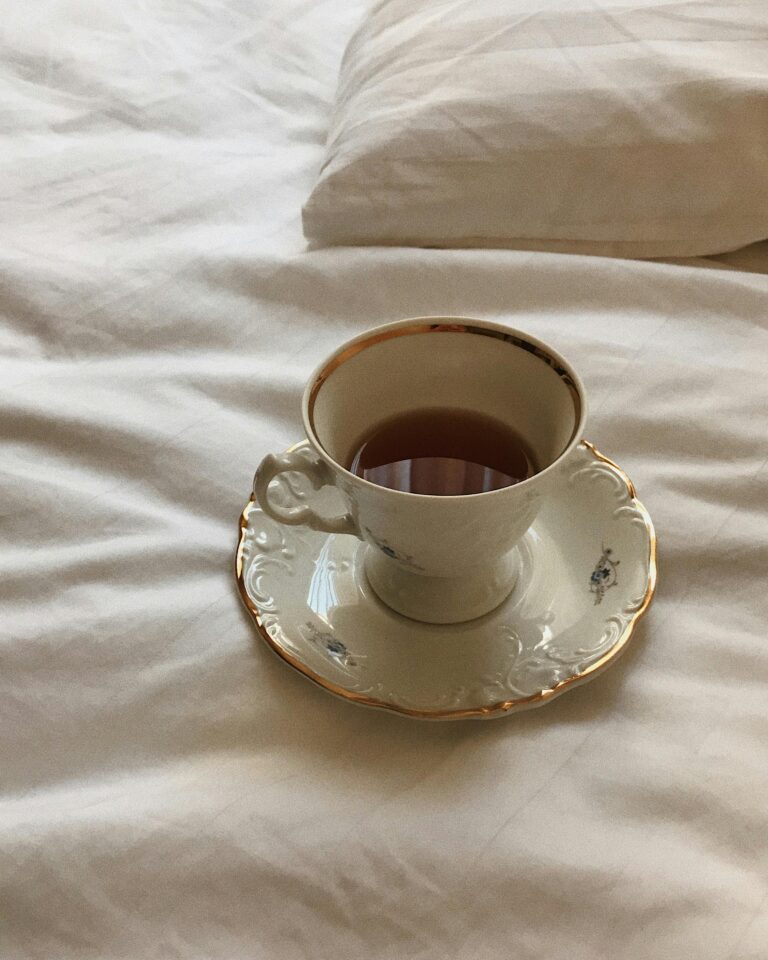How Practicing Gratitude Daily Can Lower Stress Hormone Levels
Ever had one of those days where everything seems to go wrong? You spill coffee on your favorite shirt, miss the bus, and then realize your lunch is still sitting on the kitchen counter. It’s a wonder we don’t all end up as stress balls in a corner somewhere! But what if I told you that there’s a simple, almost magical way to combat that relentless stress? It’s called gratitude. Yes, that’s right—taking a moment to appreciate the good things in your life can actually lower those pesky stress hormone levels. Let’s dive into how this works and why you might want to start counting your blessings instead of your worries.
The Science Behind Stress
Before we get into the heart of gratitude, let’s talk a bit about stress. When you encounter a stressful situation, your body releases hormones like cortisol and adrenaline. These hormones are great for short bursts of energy—like when you’re trying to outrun a bear (or, more realistically, a deadline). But when stress becomes chronic, those hormones can wreak havoc on your health. They can affect everything from your sleep to your immune system. Yikes!
Enter Gratitude: The Stress-Relief Hero
Here’s where gratitude swoops in like a superhero in sweatpants. Research shows that regularly practicing gratitude can lead to lower levels of cortisol, the primary stress hormone. But how does this work? Think of gratitude as a mental reset button. When you focus on what you’re thankful for, you shift your attention away from stressors. It’s like putting on a pair of rose-colored glasses—suddenly, you see the bright side of life, even if it’s just the barista remembering your name.
How to Practice Gratitude Daily
If you’re thinking, “That sounds great, but where do I even start?” I’ve got you covered. Here are some easy ways to weave gratitude into your daily routine:
- Gratitude Journaling: Set aside a few minutes each day to jot down three things you’re grateful for. They can be big (like a new job) or small (like a perfectly brewed cup of coffee). Over time, this simple practice can shift your mindset.
- Thank-You Notes: Write a note to someone who has made a difference in your life. Not only will it brighten their day, but it’ll also give you a warm, fuzzy feeling inside. Win-win!
- Mindfulness Meditation: Spend a few minutes focusing on your breath and thinking about what you’re grateful for. This can help calm your mind and lower stress levels significantly.
- Daily Affirmations: Start your day with a positive affirmation related to gratitude. Something like, “I am thankful for the abundance in my life” can set a positive tone for the day.
The Ripple Effect of Gratitude
Here’s the interesting part: practicing gratitude doesn’t just benefit you; it can also have a positive impact on those around you. When you express appreciation, it fosters connection and strengthens relationships. Picture this: you thank a colleague for their hard work on a project. They feel valued, and guess what? They’re likely to pass that kindness on, creating a ripple effect of positivity.
The Science of Gratitude’s Reach
Studies have shown that gratitude can lead to better mental health, improved relationships, and even enhanced physical health. Participants in gratitude studies often report feeling more optimistic and less anxious. It’s almost as if gratitude is a secret ingredient to happiness, and the best part? It’s free! No fancy gym memberships or expensive classes required.
Integrating Gratitude into Your Lifestyle
Now, you might be asking, “Can I really transform my life with gratitude?” Absolutely! It’s all about consistency. Make gratitude a part of your daily routine, and you’ll start to notice the changes. Here are a few tips to help:
- Set Reminders: Use your phone to set daily reminders for gratitude practice. Trust me, your future self will thank you!
- Share Your Gratitude: Don’t keep your grateful thoughts to yourself. Share them with friends and family; it’ll create a positive feedback loop.
- Be Specific: Rather than saying “I’m grateful for my family,” try “I’m grateful for my sister’s ability to make me laugh, even on a tough day.” Specificity makes it more powerful.
So, there you have it! Practicing gratitude is like giving your mind a spa day. It relaxes you, rejuvenates your spirit, and helps you handle life’s challenges with a bit more grace. Next time you feel the stress creeping in, take a moment to shift your focus. Remember: even on the hardest days, there’s always something to be thankful for—a good cup of coffee, a kind word from a friend, or the fact that you survived another Monday. Embrace gratitude, and watch those stress levels drop like your least favorite show after a terrible season finale!



